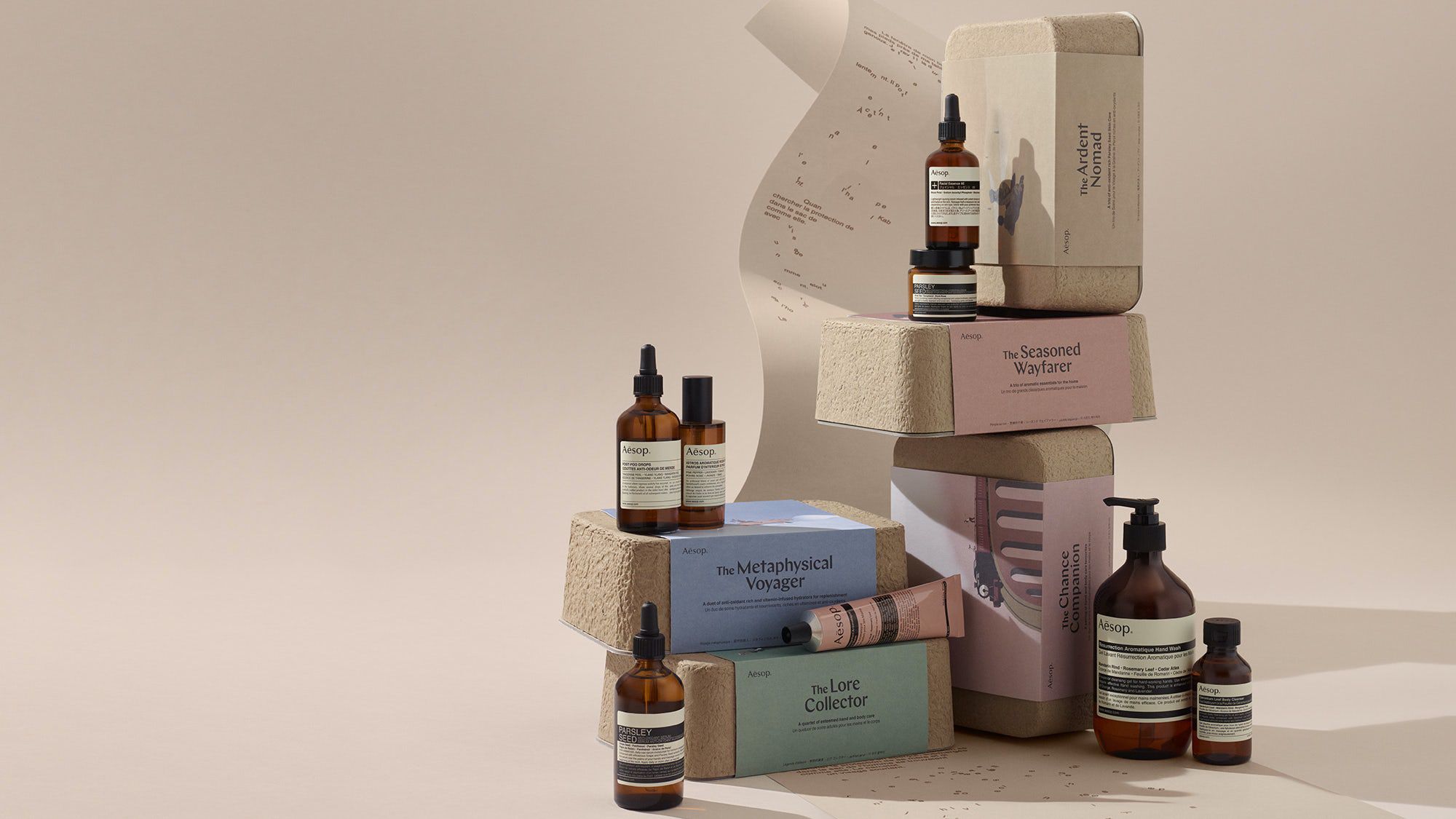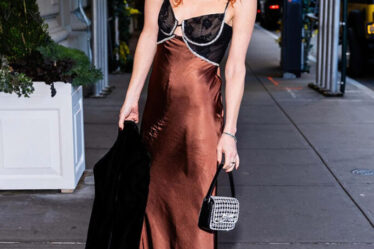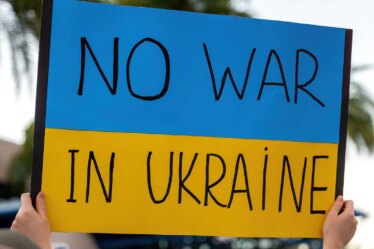
Aesop pulled off the difficult trick of portraying itself as a luxury brand for everyone, and that turns out to be worth quite a lot.
Earlier this week, L’Oréal, the world’s biggest beauty conglomerate by market capitalisation, acquired the personal care and grooming line from Natura for $2.5 billion. The announcement ended months of speculation about who would buy the brand, which has been around since the 1980s but in recent years has become ubiquitous in the bathrooms of high-end restaurants and upper-middle-class homes, not to mention as a love-hate target of countless Instagram memes.
That combination of a premium price point and mass appeal proved irresistible to L’Oreal, which owns a portfolio of designer fragrance licenses and big brands like Lancôme, Kiehl’s and Urban Decay that are reliable earners but rarely capture the zeitgeist.
Aesop was “cool” among insiders and early adopters since the early 2000s, well before the internet took notice. But in recent years, the line has become somewhat of a status symbol online, and its Resurrection Aromatique Hand Wash, which costs $41 and smells like mandarin, rosemary and cedar, has become a cult item. Displaying it in your bathroom conveys that you have good taste and some disposable income. It says you’ve graduated from drugstore hand wash to something bougier. The minimalist cream and black branding has proven popular among all genders, and a specific archetype of the man who buys Aesop has emerged online: he may identify as a “creative” who definitely doesn’t use 2-in-1 shampoo body wash.
On its skin care matrix, Dewy Dudes, the meme page and podcast co-founded by Evan Shinn and Emilio Quezada Ibañez, classified Aesop as “liberal, elitist” (Thayers is “liberal, working class,” Jack Black is “conservative, working class” and La Mer is “conservative, elitist”).
“Those fellas will spend whatever it costs to have a handwash as a statement piece in their apartment bathroom,” Shinn said.
Alex Hartman, the 26-year-old founder of Instagram account Nolita Dirtbag, told me the brand’s customer, at least according to meme culture, has an “undercover well-paying job and plays dress up as ‘creative director’ on the weekends.” They may also own: a Western Hydrodynamic Research hat, a Carhartt jacket even though they make fun of themselves for still wearing Carhartt (the same goes for Aimé Leon Dore) and a Stussy tee or two. They also probably know about Kapital, but it’s likely they don’t own anything from the Japanese brand.
“It’s getting their feet wet into the world of levelling up,” Hartman said. “They’ll have the Mrs. Meyers soap at the kitchen sink, but then they’ll have Aesop in the bathroom.”
Aesop’s sales indicate it’s become a status symbol for more than that very specific customer, however.
Under the ownership of Natura & Co, a Brazilian personal care company and parent of Avon and The Body Shop, Aesop’s sales increased nearly twenty times, jumping from $28 million in sales in 2012 to a reported $537 million last year. The brand has gone from a niche, in-the-know line to mainstream popularity. L’Oreal is swooping in at roughly the same point that The Estée Lauder Companies did when the company acquired Le Labo nearly a decade ago, just as Santal 33 was exploding.
Memes aside, Aesop possesses three things that most other prestige body and personal care brands don’t: a large male customer base, a strong network of its own retail stores (approximately 400) and resonance in Asian markets.
A product achieving mainstream popularity is the death knell for first-wave fans, but it’s exactly what makes Aesop such an attractive acquisition target. It’s also a safe bet for L’Oréal, which isn’t in the business of taking major risks (nor is any conglomerate).
“You can’t just make money selling to kids in LA or NY,” Hartman said. “You need people in Ohio and Beijing to be buying it too.”
And right now, a company like L’Oréal could use a new addition to its prestige portfolio. Makeup line Urban Decay has struggled to remain relevant since a 2012 acquisition and the departure of founder Wende Zomnir; Atelier Cologne has flailed, even amid a perfume boom (L’Oréal is in the midst of rebranding it). In December 2021, the conglomerate said it would purchase Youth to the People, a hit during the pandemic as Gen-Z discovered skin care. That brand complements Aesop, which tends to appeal to an older customer.
Aesop could help L’Oréal elevate its portfolio, which is a more recent ambition, and L’Oreal can supercharge what Aesop has already built, a tall order for conglomerates that acquire brands with an indie feel. If the conglomerate can honour the attributes that make Aesop Aesop, the line can take advantage of L’Oréal’s infrastructure to enter new markets and make operations more efficient.
The two companies are not an obvious fit in their approaches to selling skin care. The “L’Oréal model” is propelled by product launches, innovation, advertising, “being loud” and wholesale, while Aesop is understated, minimalist, curated in its product offering and led by its in-store experience, explained Vincent Jeanniard, a beauty strategist who has worked at Burberry, L’Oréal and LVMH.
That may be a reason L’Oreal bought them, though.
“The two models are very different, but when you look at the trends in the market, it’s going more towards the direction of Aesop,” said Jeanniard, noting that Aesop is a “new luxury brand” and “jewel” that its new owner could use for visibility and negotiating powers in future deals and to bring new customers into its world.



